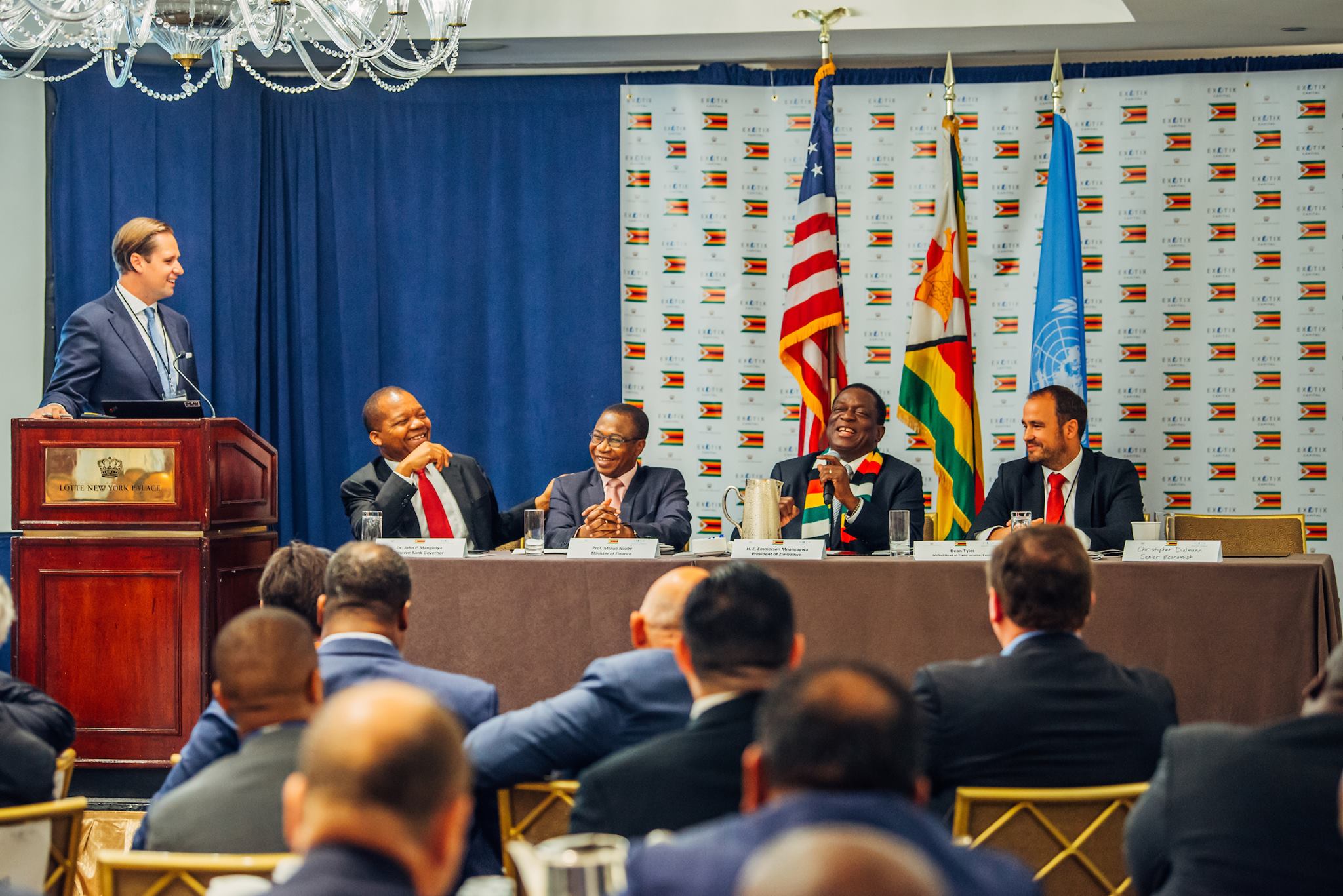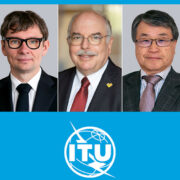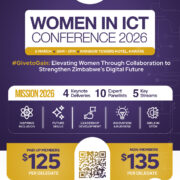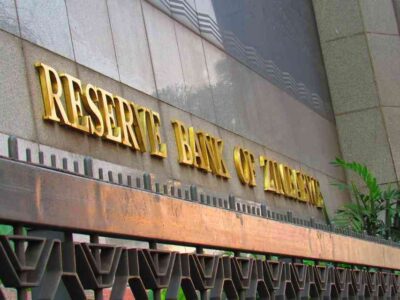By Ross Moyo
Zimbabwe unveiled the gold-backed ZiG last year – its sixth attempt at creating a functioning local unit – and Wojciech Maliszewski, the IMF Mission Chief for Zimbabwe since 2023, said establishing it as a fully-fledged currency would be welcome after Zig proved to be a game changer “accounting for most transactions and moreso done electronically”.IMF was in Zimbabwe on a two weeks working visit which ended on 18 June raising eyebrows on how the Brettonwoods institution will hence forth “assist Zimbabwe on its Staff Monitored Program (SMP).”


“Looking at the current macroeconomic situation comparing it to what the country was when I started my assignment and before, its massive progress, significant progress,” he said.
Wojciech Maliszewski, said Zimbabwe’s economy has made significant progress with his International Monetary Fund supporting Zimbabwe’s economic progress representing a “regime change,” but declining to say if or when the Washington-based lender would grant Zimbabwe a staff-monitored program.
The IMF official, Wojciech Maliszewski, visited the southern African nation to conduct a regular IMF economic health update, stating the conduct of the Reserve Bank of Zimbabwe (RBZ), vowed to stop printing money to finance the government which, is particularly impressive if implemented as RBZ former boss now Mutapa Investment Fund CEO Dr John Mangudya was on record of rebuking the late former President Robert Mugabe to whip his “government to live within it’s means,” a tradition he continued even under the Second Republic of President Emmerson Mnangagwa to live within it’s means and not over borrow from the apex bank, something his successor Governor John Mushayavanhu is emulating.
“The RBZ, holding liquidity positions tight, not providing monetary financing to the government. I think this is a regime shift,” he told Professor Mthuli Ncube Minister of Finance and Mutapa Investment Fund CEO Dr Mangudya in the capital, Harare, last week.
The IMF official however declined to be drawn on whether the IMF would accede to Zimbabwe’s request for a SMP. The informal process could lift confidence in the country and provide a stepping stone to restructuring a $21 billion debt pile that’s kept it locked out of global financial markets since it defaulted in 1999.
“What is most important for us at this stage is to make sure that when authorities enter the program, they will exit a successfully completed program,” he said. “This requires a lot of effort, a lot time from both us and the authorities on the other side.”
South Africa was asked for help by Zimbabwe in getting its debt reworked under the Group of 20 Common Framework, trying to revive an economy wracked by years of mismanagement that’s stoked hyperinflation and currency collapse.














Comments